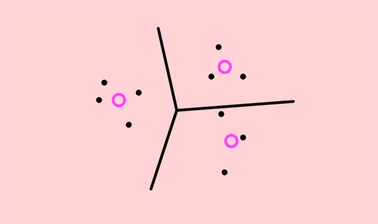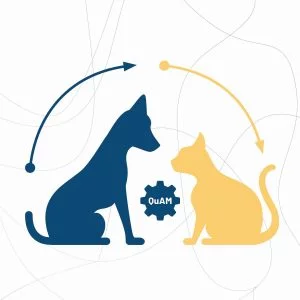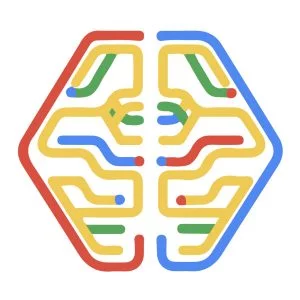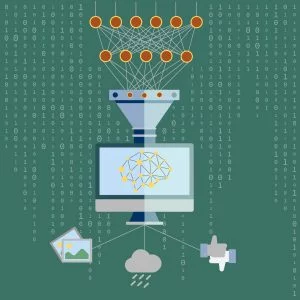
Do you want to build systems that learn from experience? Or exploit data to create simple predictive models of the world? In this course, part of the Data Science MicroMasters program, you will learn a variety of supervised and unsupervised learning algorithms, and the theory behind those algorithms. Using real–world case studies, you will learn how to classify images, identify salient topics in a corpus of documents, partition people according to personality profiles, and automatically capture the semantic structure of words and use it to categorize documents. Armed with the knowledge from this course, you will be able to analyze many different types of data and to build descriptive and predictive models. All programming examples and assignments will be in Python, using Jupyter notebooks.
Instructor Details
Courses : 1
Specification: Machine Learning Fundamentals
|
3 reviews for Machine Learning Fundamentals
Add a review Cancel reply
This site uses Akismet to reduce spam. Learn how your comment data is processed.

| Price | Free |
|---|---|
| Provider | |
| Duration | 90 hours |
| Year | 2020 |
| Level | Expert |
| Language | English |
| Certificate | Yes |
| Quizzes | No |

FREE






Anonymous –
This is the second course from UCSanDiegoX (early 2018 run) that breaks the enrollment clause stating “Audit this course for free and have complete access to all the course material, activities, tests, and forums”. There was no final exam for Audit students. Hopefully this will get corrected in the future runs of this course. The presence of staff on the Audit mode forum is very scarce, and the forums are divided into Verified/Audit students.
The course provides the “fundamentals” in only first few chapters. The more the courses advances the less mathematics is presented which hampers understanding of the subject. The quiz and homework problems have unlimited (!) number of attempts and provide no (!) explanations after the correct answer is given. This has been explained by the staff on the forum as a result of lack of time for preparing the course. If the missing explanations were provided, I would be giving the course 4 stars, and 5 stars if optional, more advanced mathematics videos were present.
The good things about the course: all materials were released upfront, which allows students for time management. There are many quiz and homework problems per week (order of 30) so there is an opportunity to practice, and the quality of jupyter notebooks is high, but both problems and notebooks are rather easy.
The instructor, despite shying away from math manages well to communicate intuitions about the methods used in machine learning, but Caltech’s “Learning from data” https://work.caltech.edu/telecourse.html is still the best introduction to machine learning.
omer Yalc1n –
I think this course is one of most usefull machine learning courses at internet . Teacher is really good , there are enough math and code exercises
Luiz Cunha –
I agree with others positive comments regarding this course. I have taken a few popular ML courses. This is probably the best one:
Instructor is top notch, good material, good videos and very clear explanations.
There are lots of exercises.
The only small objection is regarding the python notebooks and the related exercises: the notebooks quaility could have been better (wonder if the person that wrote them has any good CS experience); and the notebook question/exercises could have been better: either too easy, or requiring a touch too much unguided dev: would have enjoyed it more if it was more like in Andrew Ng notebooks in his popular Machine Learning MOOC.